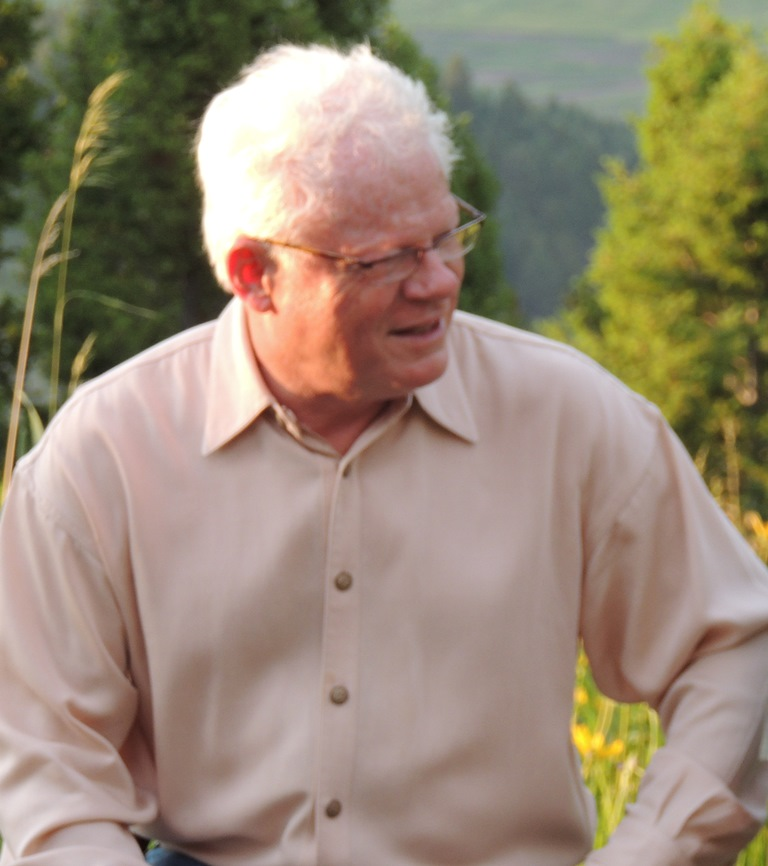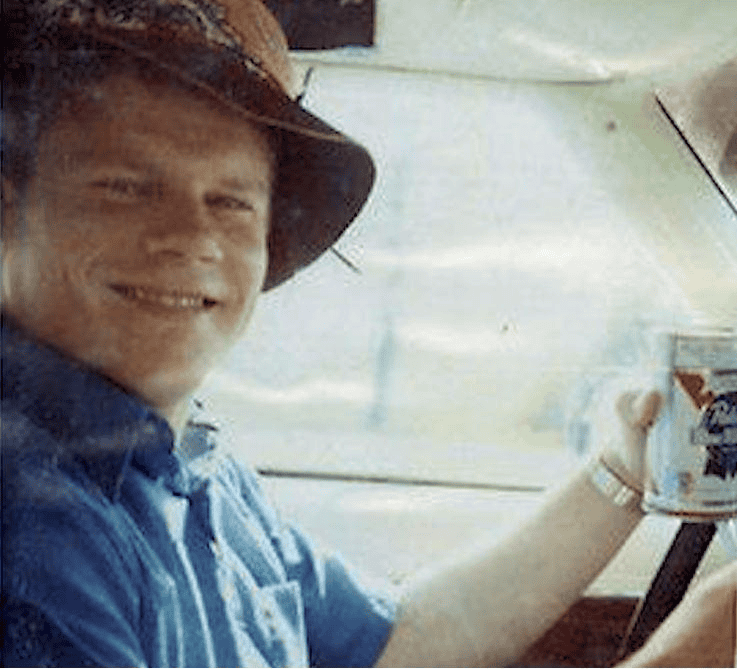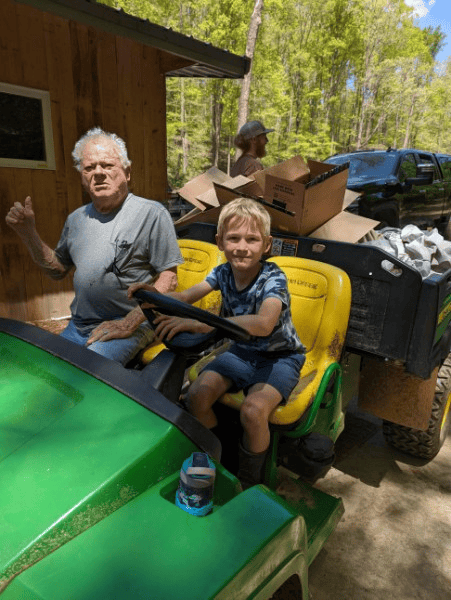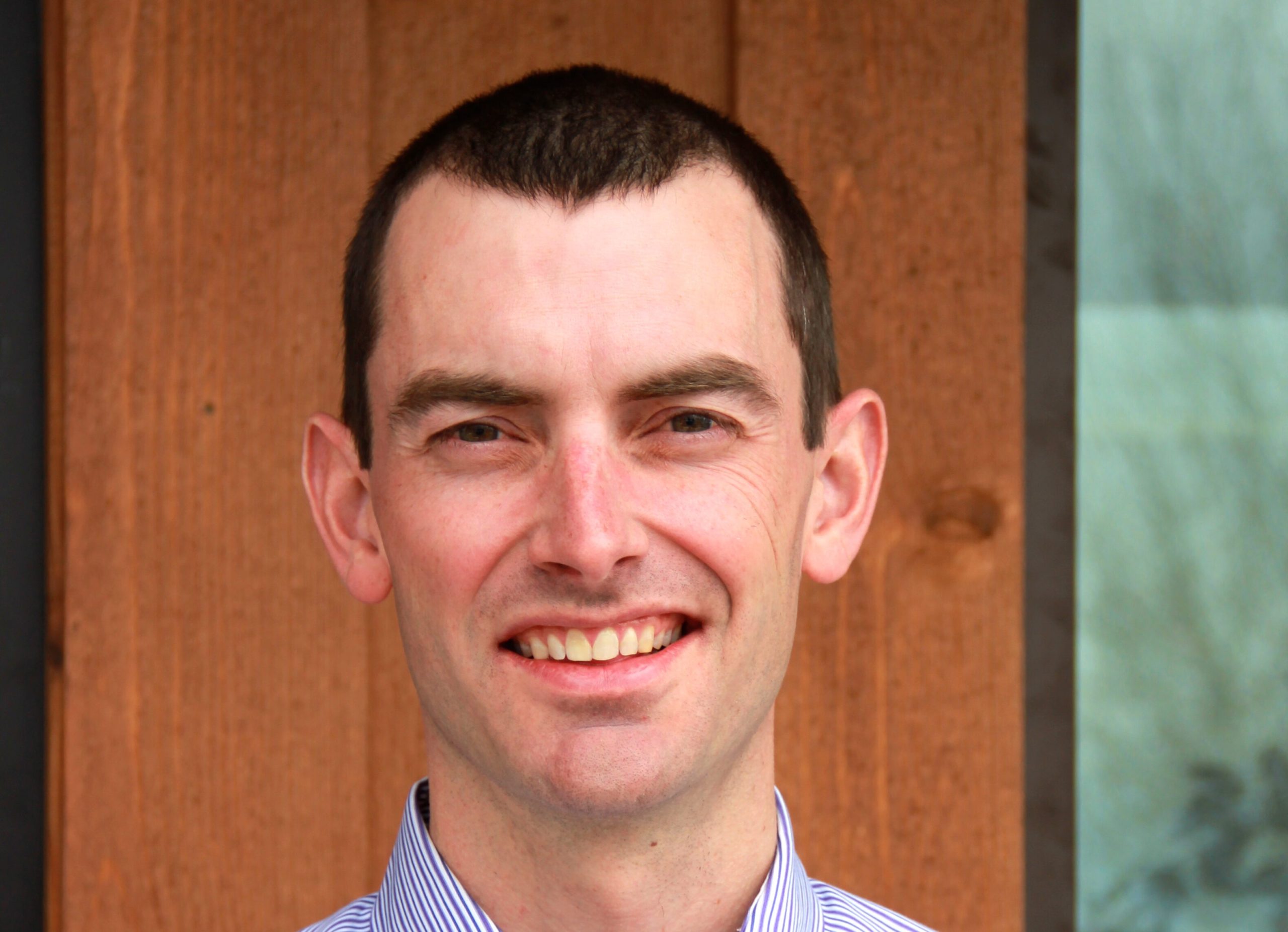
Earlier this week, Robert “Bobby” McCormick decided to, in his words, “end this project.”
If you knew Bobby, and I sincerely hope that you did, you are not surprised by his choice of words here. “Dying” sounds rather dramatic and “passing away” is too imprecise. So, instead, Bobby decided to “end this project,” which begs the question: What was Bobby’s project?
Born December 16, 1946, in Orangeburg, South Carolina, Bobby spent much of his youth hunting, fishing, sawmilling, and storytelling on family land in southern Georgia, Effingham County to be precise. Land stewardship, not just land ownership, was central to Bobby’s family and his ethos.
He enrolled at Clemson University in the fall of 1965 and quickly realized he had found his place. But youthful aimlessness and occasional mischief kept him off the Dean’s List…or any other recognition of academic achievement. An example: Upon returning to campus from Mardi Gras with a car full of fraternity brothers, he promptly turned around and drove back to New Orleans with a car full of different fraternity brothers who felt they’d missed out. Class could wait, I suppose.

After washing out of Clemson, two years in the Army provided Bobby with the perspective he needed to return and complete his degree. In his words, the Army helped him realize that all he ever wanted to do was attend class. And so he pursued and in 1978 completed a Ph.D. in economics from Texas A&M, under the guidance of Bob Tollison.
Bobby took his first academic post at the University of Rochester. Stints at Virginia Tech and Universidad Francisco Marroquin in Guatemala dot his vita, but it was Clemson where he set roots and served as a faculty member in economics from 1982 to 2007, winning multiple teaching awards and later serving as dean of Clemson’s College of Business.
Bobby’s scholarly work spanned a wide range of topics from antitrust, public choice, price theory, and sports to managerial and financial economics. But that ethos of land stewardship would lead him to environmental economics and, ultimately, to PERC. Bobby came to PERC as a Julian Simon Fellow in 2001 and served as a PERC Senior Fellow from 2002 until his death. There, he researched carbon emissions, sequestration, and other adaptations to climate change.
Perhaps Bobby’s most notable contributions to PERC were his efforts developing and directing the Kinship Conservation Institute and, as it later came to be known, the Enviropreneur Institute. This program, in its many configurations, sought to enrich environmental professionals with entrepreneurial skills, unleashing them to harness property rights and markets to achieve their conservation goals. It did that and much more.
Nearly 300 people from around the globe came through that program. A great many are still applying the lessons they learned at PERC and demonstrating the efficacy of free market environmentalism in the field. The examples are strewn across PERC’s website and publications.
Of course, Bobby would be quick to deflect any accolades to the other people involved: Bruce Yandle, Terry Anderson, Carol Ferrie, Wally Thurman, and Renee Storm, to name a few, not to mention the countless donors and faculty who supported the program. But it was Bobby who made the program what it was. And his legacy at PERC continues today with the new Conservation Innovation Lab.
Even before his death, I began ruminating on what exactly made Bobby so unique, so loved, and so important to all of us. And I’m sure we could write (and argue over) a long list together, if we just made a fire and found some Pabst.
For me, it was Bobby’s ability to relate to people from all walks of life, to make them feel like cherished friends even if they were complete strangers. He did this in a few ways, I think. First, Bobby accepted other people’s values regardless of how much they diverged from his own. I have countless memories of Bobby challenging the assumptions underlying someone’s position or opinion, but I cannot recall him ever challenging someone’s values, their sense of right and wrong, or how they chose to pursue their lives.

Second, Bobby believed in people, often more than they believed in themselves. His own redemption story, from Clemson drop-out to dean, speaks to this quality. He brought out the best in his friends and colleagues, trusted them to make important decisions, and allowed them to express themselves without micromanaging.
Lastly, Bobby was the most generous person I’ve known. He was generous with his money, generous with his home, and generous with his time. But what truly distinguished Bobby was his generosity of spirit. He poured his energy, curiosity, and love into everyone around him, until he ran out, and it was time to end this project.
RIP, Bobby, we love you.
— Reed



